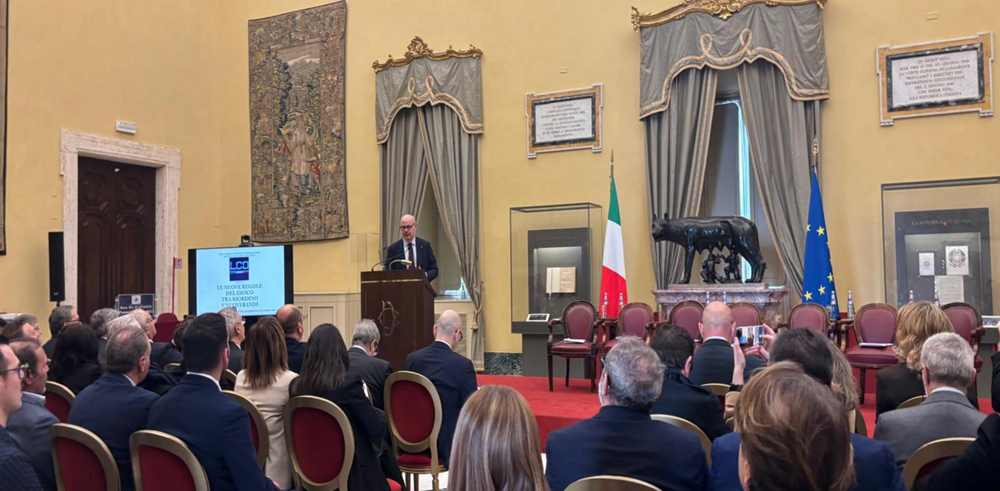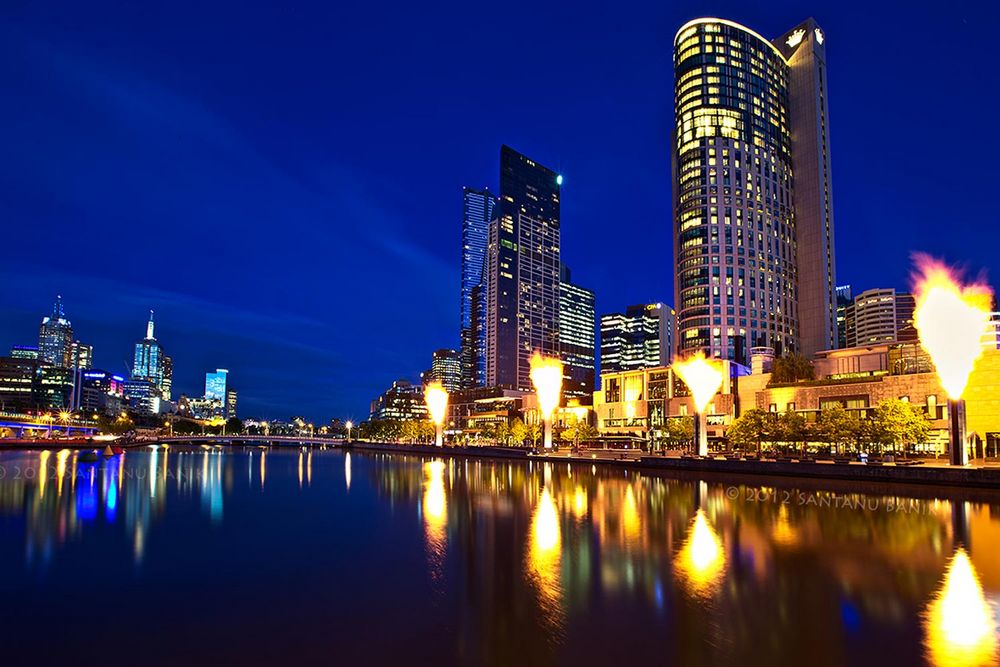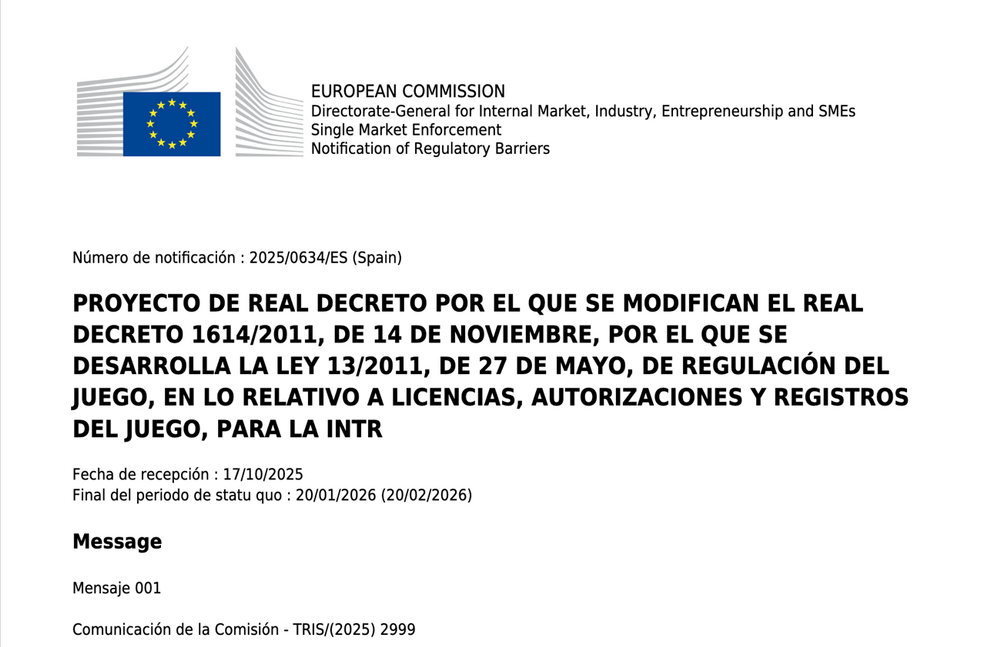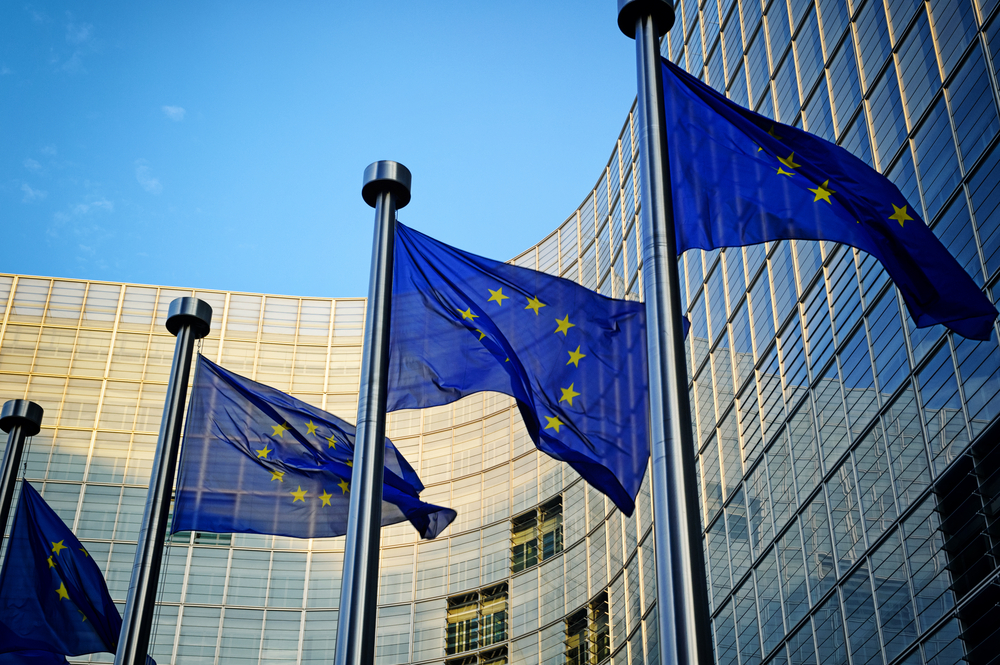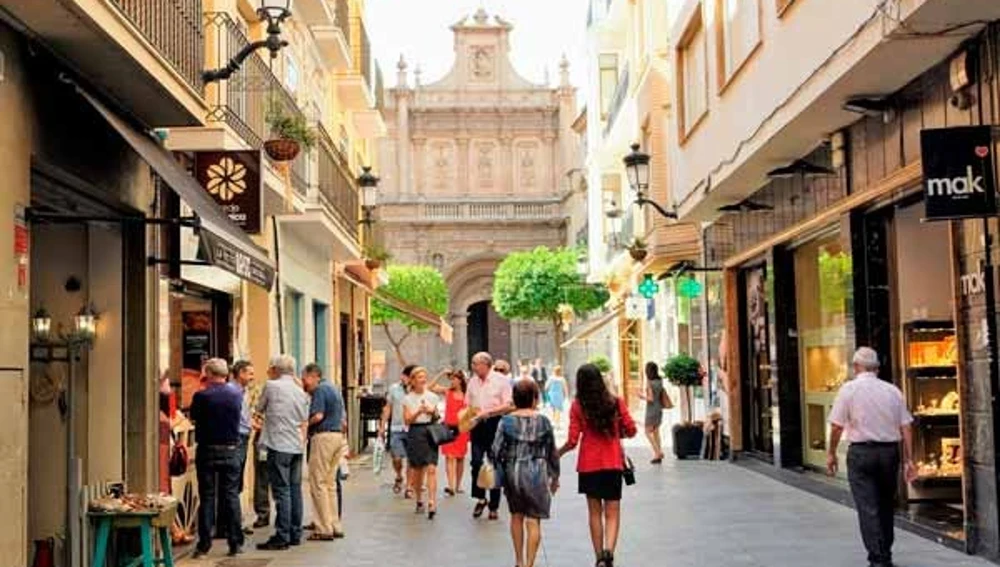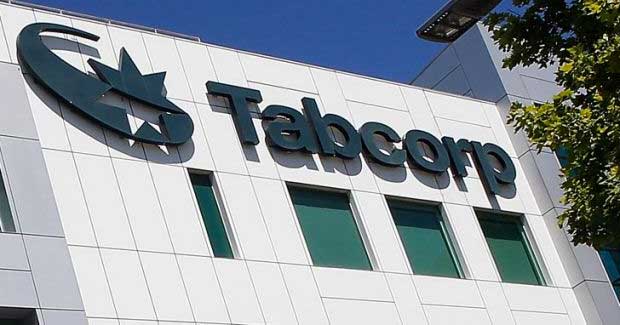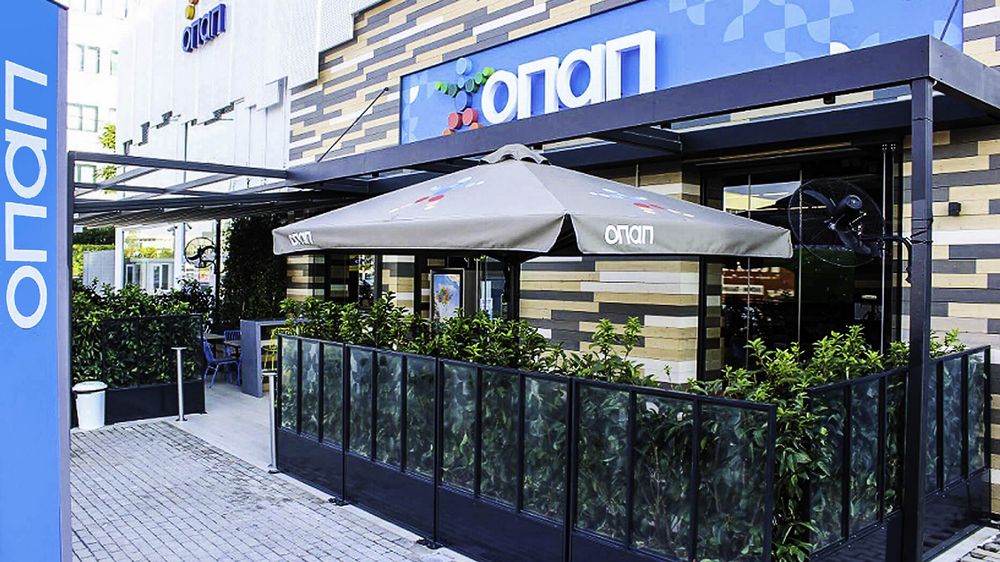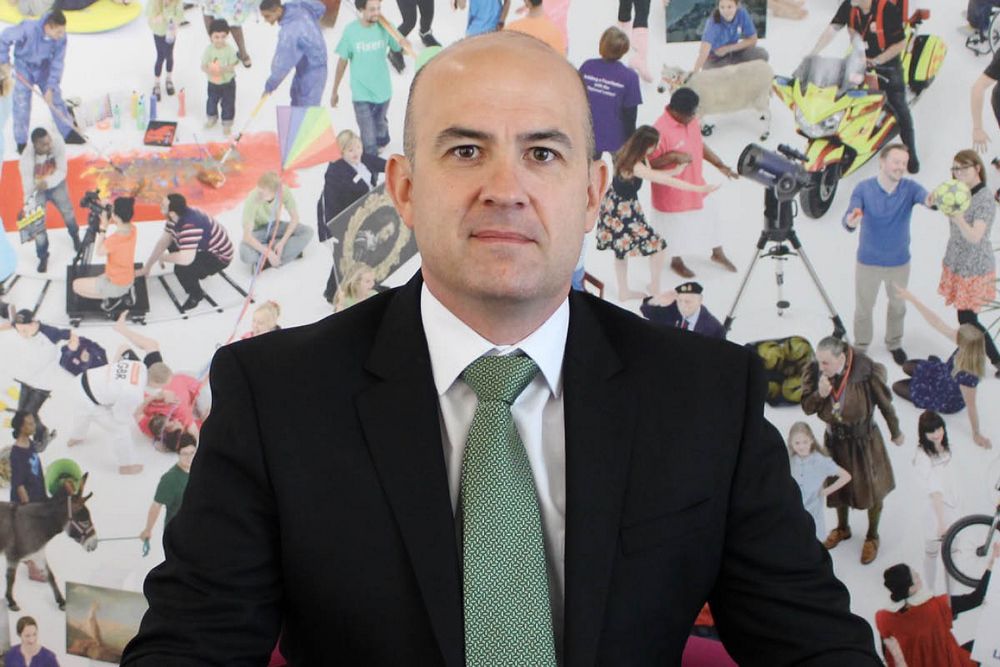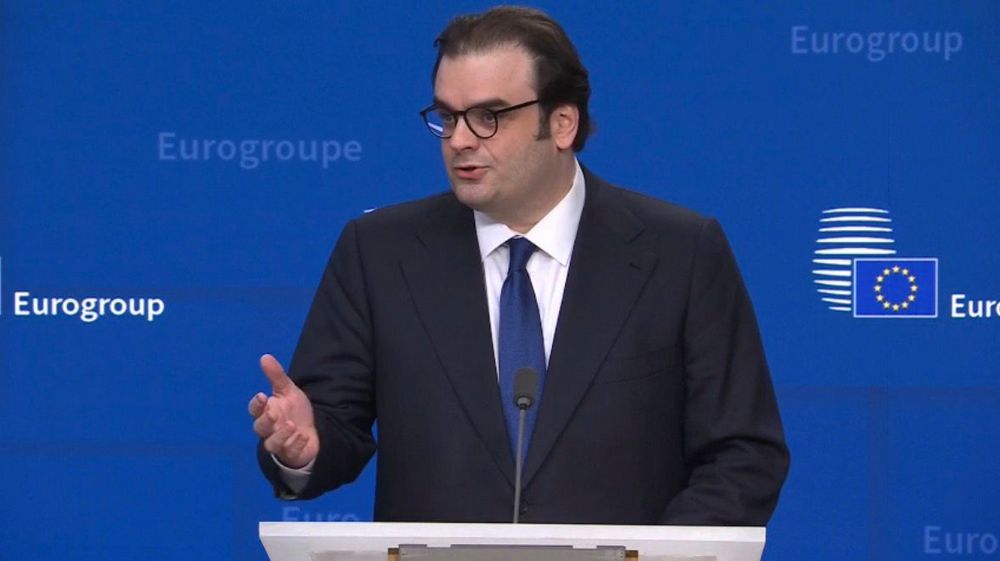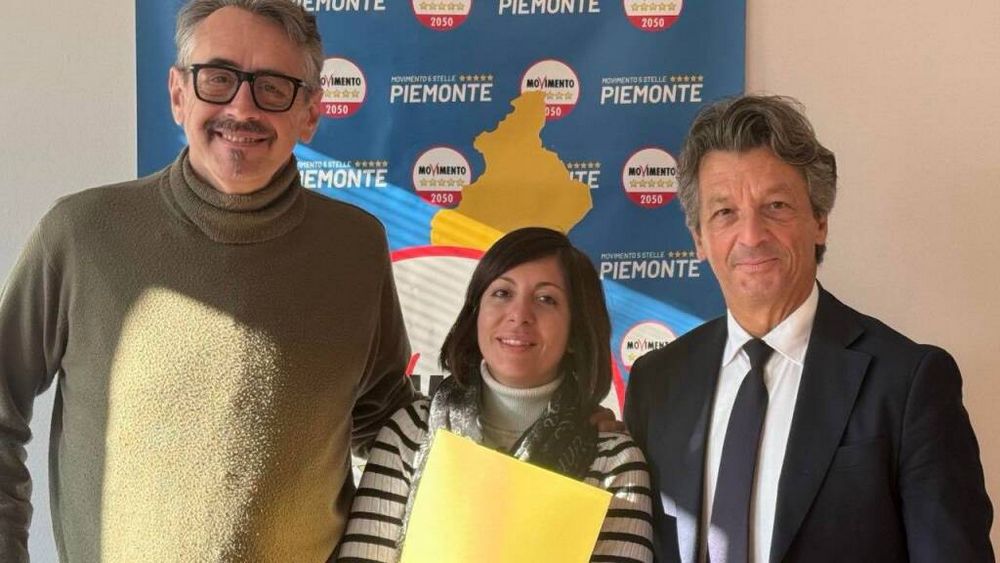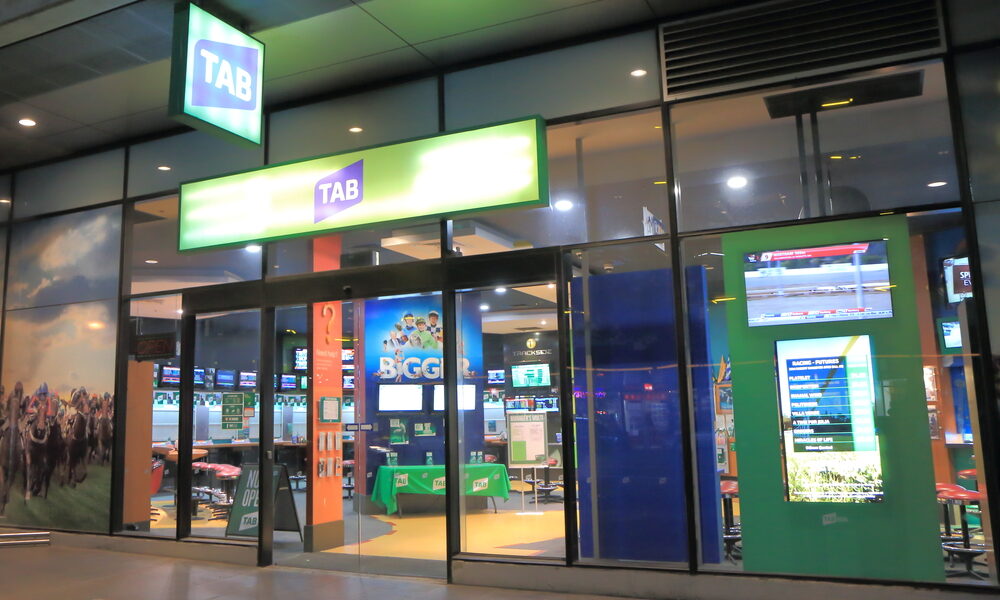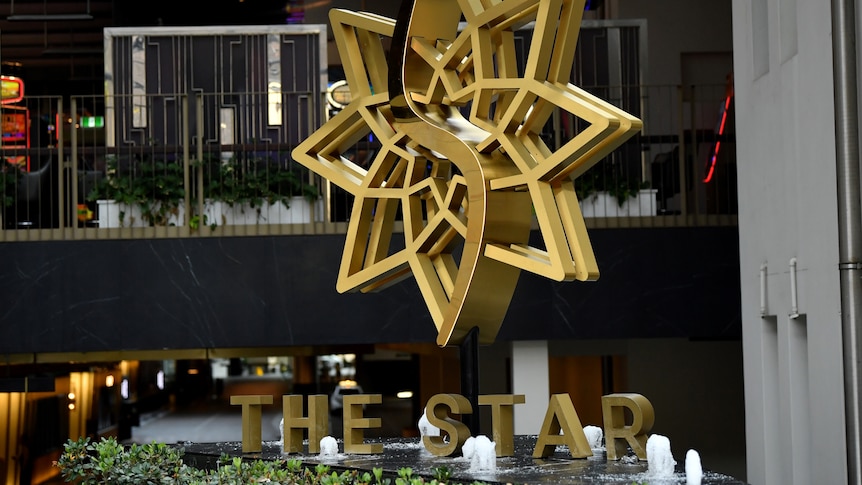In a communiqué laden with republican urgency, Casinos de France, the voice of the nation’s regulated casino industry, has raised a red flag over what it calls “l’expansion inquiétante des cercles de jeu illégaux”—the worrisome spread of illegal gambling dens operating beyond the reach of the French tax code and gaming laws.
Behind velvet curtains and in hidden salons across the country, unlicensed gambling is thriving, threatening to destabilize what industry leaders regard as “le modèle français du jeu contrôlé”. The association warns that these clandestine networks are not mere recreational gatherings but structured, mafia-adjacent operations that undercut the République’s fiscal and moral authority.

Casinos de France is now calling for a national mobilisation, urging the Ministry of the Interior and police prefectures to deploy stronger surveillance tools, reinforce local inspections, and tighten judicial consequences. They are also lobbying for a permanent liaison between licensed operators and state intelligence services to preserve what they refer to as “les sanctuaires républicains du jeu responsable”.
“This is not just about revenue loss. It is about sovereignty, about defending the legitimacy of licensed establishments operating under the strictest codes of ethics and transparency,” one board member declared from Aix-les-Bains.
Would Monaco lose its charm if more casinos were installed?
The timing is no coincidence. As France repositions itself in the European gaming landscape and weighs the balance between tradition and digital evolution, defending the integrity of its brick-and-mortar maisons de jeux is becoming a matter of national pride.











